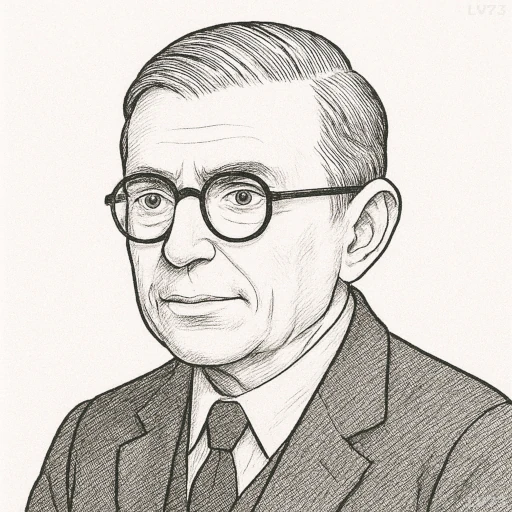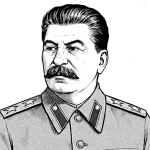“There are two types of poor people, those who are poor together and those who are poor alone. The first are the true poor, the others are rich people out of luck.”

- June 21, 1905 – April 15, 1980
- Born in France
- Philosopher, novelist, playwright
table of contents
Quote
“There are two types of poor people, those who are poor together and those who are poor alone. The first are the true poor, the others are rich people out of luck.”
Explanation
In this quote, Sartre distinguishes between two kinds of poverty: the first type involves being poor in solidarity, sharing the experience of poverty with others in a collective, communal way. The second type, however, refers to individuals who experience poverty in isolation, where their poverty does not come with the shared experience of community or collective struggle. Sartre suggests that true poverty is not simply the lack of material wealth, but the lack of community and shared struggle. In other words, those who are poor together experience a form of social and emotional connection, a kind of solidarity that allows them to cope with their situation more meaningfully. Meanwhile, those who are poor alone—isolated from others—are seen as disconnected and vulnerable, even though they may still be in similar material conditions.
The quote also touches on alienation, a theme central to Sartre’s philosophy. The poor who experience their condition alone are alienated, both from society and from one another. They may feel trapped in a state of individual suffering, without the support or shared purpose that comes with being part of a community. By contrast, those who are poor together can find strength in solidarity, where their shared struggle becomes a source of identity and resilience. Sartre’s distinction challenges the idea that poverty is solely a material condition, proposing that human connection and the ability to act together can provide meaning and purpose even in the face of material deprivation.
In modern society, this quote is relevant in discussions about social inequality and the importance of community in overcoming hardship. It speaks to the experience of poverty as not just a lack of resources but a lack of connection and social support. For instance, in today’s world, some of the most vulnerable groups are those who face not only financial difficulty but social isolation—the elderly, the homeless, and marginalized communities. Sartre’s words remind us that community and collective action are essential to confronting poverty and inequality, and that the true richness in human experience often lies in the bonds we share with others, especially in times of struggle.
Would you like to share your impressions or related stories about this quote in the comments section?

